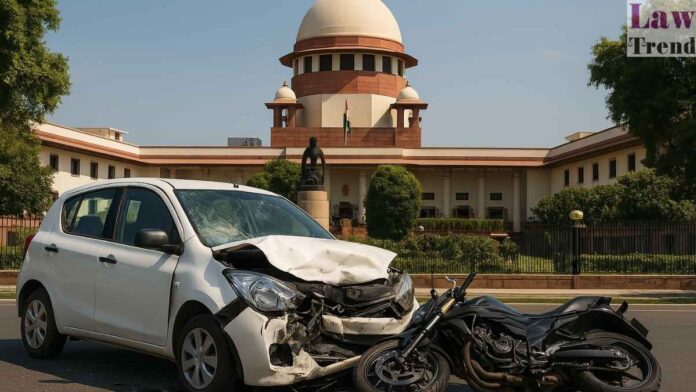In a judgment delivered by a Bench comprising Justice Sudhanshu Dhulia and Justice K. Vinod Chandran, the Supreme Court held that in the absence of any specified employment for the husband, it cannot be assumed that he was not at least partially dependent on the deceased wife’s income. Consequently, the Court altered the deduction towards
To Read More Please Subscribe to VIP Membership for Unlimited Access to All the Articles, Download Available Copies of Judgments/Order, Acess to Central/State Bare Acts, Advertisement Free Content, Access to More than 4000 Legal Drafts( Readymade Editable Formats of Suits, Petitions, Writs, Legal Notices, Divorce Petitions, 138 Notices, Bail Applications etc.) in Hindi and English.




